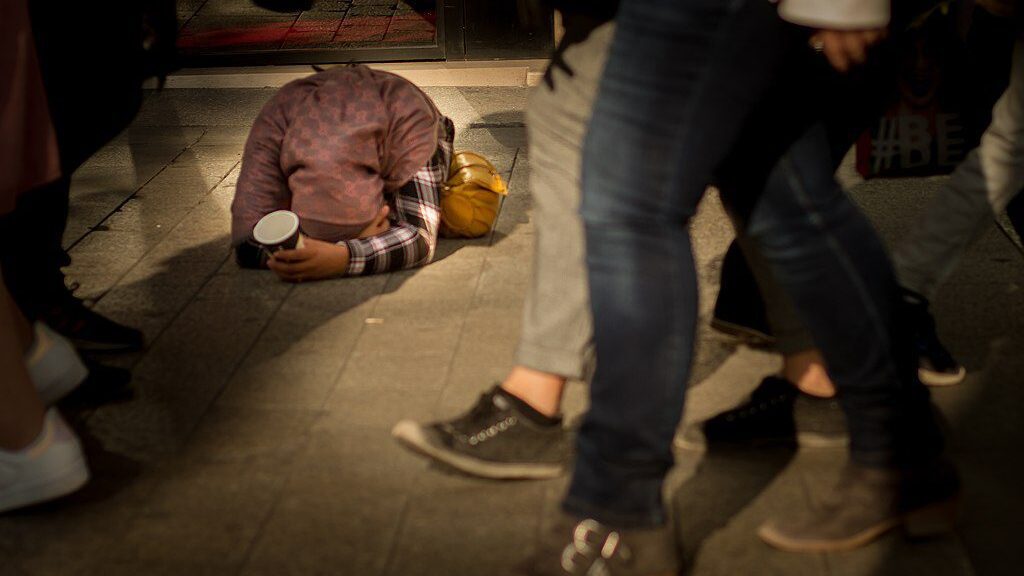
Photo: Dwayne Reilander, CC BY-SA 4.0, via Wikimedia Commons
The Swedish government is appointing a special investigator to propose “additional measures to counteract the occurrence of begging in Sweden.” The investigation is part of a negotiated policy agreement between the government parties and the right-wing populist Sweden Democrats that broke the previous cordon sanitaire against the party and allowed it formal influence over government policy without being part of the government.
Individual members of the Liberal party, part of the government coalition, have already announced they would vote against such a proposal, were it to be introduced. A recent survey shows 60% of Swedes would be supportive of a ban.
The appointed investigator is tasked with evaluating the pros and cons of a national begging ban, but is required to “regardless of the position taken on the matter, submit legislative proposals that entail a nationwide ban on begging.” Local ordinances already implemented have successfully outlawed begging in 15 different jurisdictions.
Older Swedish laws against begging were deemed unnecessary and repealed in the mid-1960s, and a remaining law used against beggars in the name of “socially dangerous asociality” was taken off the books in 1981 for the same reason.
But after Sweden joined the European Union, beggars, primarily from Bulgaria and Romania, often of Roma ethnicity, started appearing in Sweden. Starting in the 2010s, they became a common sight at the entrances of grocery stores and other businesses. While their presence tugged at the heartstrings of some Swedes, the individual beggars did not make it to the Scandinavian country on their own but were “controlled by criminal actors,” police said. A press statement from the government explained:
These actors exploit vulnerable EU citizens, among other things, through extortion, human trafficking, and human exploitation. Sometimes, vulnerable individuals are forced to beg under the threat of violence, often to repay an unreasonably high cost for their journey to Sweden.
In 2011, Kent Ekeroth, then-MP for the Sweden Democrats, proposed a national ban on begging, saying the beggars were not to be pitied, but rather that “it’s cynical of them to exploit our often naive system and our naive attitude.” The proposal was voted down in parliament.
An estimated 4-5,000 citizens from other EU countries were begging in Sweden at one point. Today, the numbers appear to have been reduced, possibly as an unintended side effect of the country becoming more and more of a cashless society: When people don’t carry cash, there’s precious little money to be made from begging.
MEP Tomas Tobé (Moderate Party-EPP) earlier this year suggested the free movement within the Schengen area needs to be re-evaluated at an EU level, giving national police the right to reject EU citizens from a country if they are begging.
“We need to change the EU regulations. It will be a restriction in that you will not be able to travel around Europe in the same way if your purpose is only to beg,” Tobé said.
The results of the investigation are to be reported by the end of June 2025.
